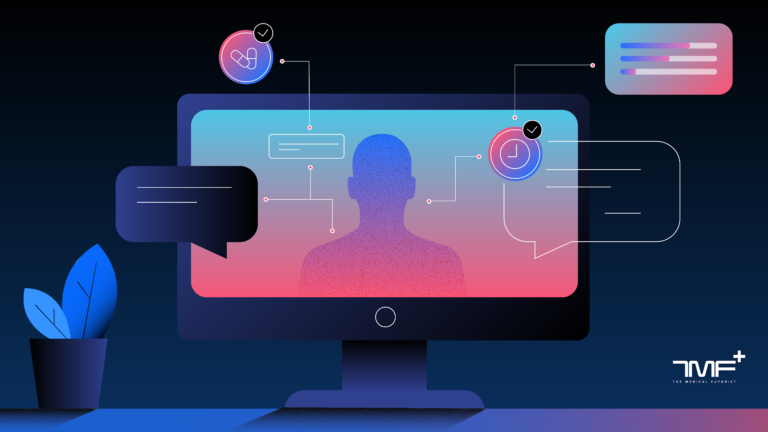The Medical Futurist – Read More
Recently, among leadership circles, the following quote has been making rounds: “We are the last generation of leaders who will only lead people. The next generation will lead people and agents.” It even ended up being picked up as the quote of the week by a German outlet.
In parallel, market analysts expect a boost in agentic artificial intelligence (AI) usage by 2028, indicating an emerging trend in the AI field. This trend is likely to equally impact healthcare leaders, and they will have to manage a new type of collaboration. We consider such collaborations in this article.
Getting the AI terms straight
As Agentic AI has been used interchangeably (and maybe confusingly) with AI agents, despite their differences, it is worth taking some time to get acquainted with the overlapping terms.
You’ve likely heard of generative AI. This involves AI tools that can generate new content based on specific prompts or instructions. They are quite specific in their abilities and, in healthcare, can serve as assistants who summarise the latest medical research and provide advice for additional reading.
For their part, AI agents are akin to super-charged AI assistants, handling multi-layered tasks independently. In a healthcare context, an AI agent could run through prescriptions, identify any adverse effects based on the patient’s history, make adequate changes and order the appropriate drugs. It is an individual tool designed to function in this fashion.

On the other hand, agentic AI refers to the system underpinning AI agents, from the algorithms to the architecture, linking them together in an ecosystem. It is the framework within which AI agents operate. With such a system in place, a hospital can have multiple AI agents across medical departments to communicate and share insights, such as for appointment bookings and subsequent steps in a patient’s healthcare journey.
This will require new levels of management and leadership that we consider in the next section.
Leading human-AI agents collaboration in an agentic AI healthcare system
While agentic AI systems in healthcare are not currently in practice, they likely will be in the near future, considering the investment trends in this space.
“Agentic AI is already transforming enterprises and is likely to be a multitrillion-dollar opportunity,” says Amanda Saunders, director of generative AI software marketing at NVIDIA. “This means that healthcare IT leaders should lean in to learn how AI agents can help transform work across drug discovery, patient care, operations and so much more.”
With the autonomy that AI agents can operate, data quality and integrity has to be closely monitored, especially in a healthcare setting. Within an agentic AI system, agents might have access to patient records, but their access should not extend to personal communications or data outside the scope of patients’ care.
This is where human oversight will be crucial to ensure the output quality and maintain privacy standards. Healthcare leaders will thus need to be able to manage such a collaboration.

Agentic systems could also assist in the lengthy process of drug discovery and development. They can predict drug behaviour in the human body and select the most promising candidates. Subsequently, they can aid in designing clinical trials with adequate patients. Healthcare leaders will need to coordinate the human oversight of these decisions and of human-led tasks such as drug administration and patient relations.
Agentic AI in healthcare: the balancing act of the future
There is a vast range of potential for agentic AI in healthcare, and it will primarily help in alleviating computer workload and administrative tasks. However, complex tasks will still require “human agent” input; and there should not be an overreliance on AI agents to complete every tasks.
Even technology developers don’t think that autonomous AI is ready to be used for prescribing and other aspects of care. As such, healthcare leaders should strike a delicate balance between deploying agentic systems with human collaboration. Agentic AI in healthcare is a plausible future, but only if the technology is properly managed alongside the human element.
Written by Dr. Bertalan Meskó & Dr. Pranavsingh Dhunnoo
The post Agentic AI In Healthcare appeared first on The Medical Futurist.





